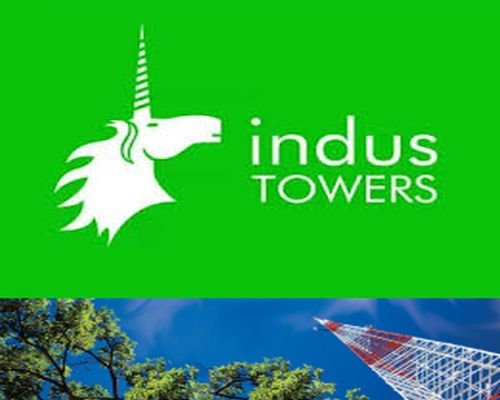Indus Tower is India’s largest telecom tower company it has adopted Environment as one of its core values. Launched in August 2011, the Indus Towers Green Sites Project was flagged off with 6 major cities – Mumbai, Kolkata, Ahmedabad, Chandigarh, Palanpur and Gandhinagar – being declared Green.
Green Cities are those cities with telecom sites within the limits of the Municipal Corporation will not use diesel for cell site operations. This way they have reduced diesel consumption by ~50% and yet deliver over 99.95% uptime.
Instead of diesel they have deployed renewable energy sources (Solar and Biomass) at over 1100 sites across India in last 3 years. Additionally, solar and wind as part of Renewable Energy Technologies (RET) were opted as long-term power solution for telecom towers in India and plans are to scale up renewable energy deployment program and target is to cover 50% of all telecom sites by year 2021.
They have also continued focus on reducing diesel consumption further by removing AC’s from sites and developing new age battery solutions for telecom tower environment. These innovative solutions helped them to reduce GHG emissions and cost.
As of February 2018, a total of 66,465 sites, comprising 52% of Indus’ portfolio of towers, are Green and in the coming 4-6 years they have a vision to be diesel-free in operations. Significant investments in various energy initiatives has led to absolute reduction of 212 million litres of annual diesel consumption over the last six years removing over 85,000 ACs and over 538 million kG of CO2 emission reduction.
Indus has come up with innovative ways of reducing expenses using technological solutions deployed at these sites. As all telecom equipment work under a temperature-controlled environment, they need to operate air conditioners at all the sites.
By installing various types of Cooling Units, they allow heat transfer between the ambient and shelter when the temperature is low (winters and night time). This heat transfer results in reduced energy consumption and carbon emissions. 66000 FCUs have been installed so far.
Additionally, 1100 sites have Smart Battery charging solutions for faster charging, leading to energy savings and this leads to the use of DC Diesel Generators resulting in operating expense savings as high as 46%. The company has also implemented the state-of-the-art energy efficient products which empower the maximum electricity board (EB) utilization in lower voltages.





